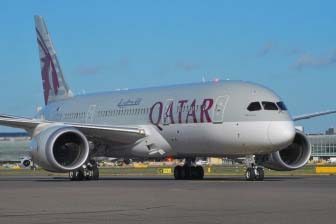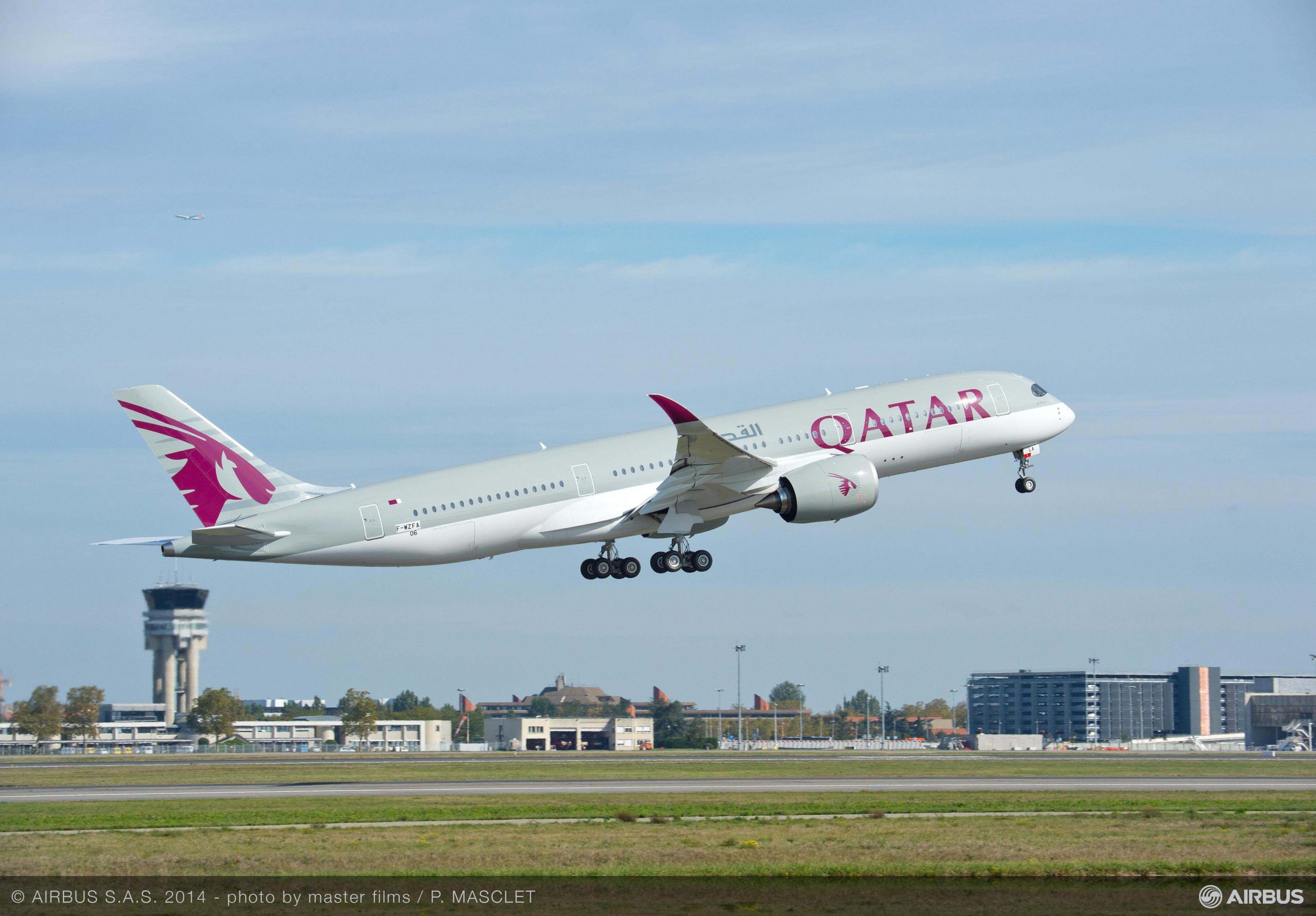
Coming out in support of the Gulf carriers, a coalition of American tourism businesses has urged its government to reject demands from the country’s largest US airlines to limit the expansion of Qatar Airways, Emirates and Etihad.
The move was made by some of the largest hotel chains and conference organizers in the US, and highlighted the continued debate there over whether the expansion of foreign airlines benefits or harms the country’s economy.

The major US carriers – American, Delta and United – have accused the Gulf airlines of receiving government subsidies that allow them to compete unfairly.
The American airlines have asked the US government to renegotiate its Open Skies agreement with Qatar and the the UAE, which currently allows government regulators to determine the frequency and capacity of flights.
All three GCC airlines have denied the unfair competition accusations.
Qatar Airways, however, has not yet provided a detailed response to the specific allegations that it has received US$16.5 billion worth of forgiven loans, free land, grants and other forms of support from the Qatar government since 2004.
Don’t change policy
On Thursday, the U.S. Travel Association sent a sent a letter to several top US officials, including the Secretary of Transportation and Secretary of Commerce, expressing its support of the current Open Skies agreement.
It urged officials not to reopen the international aviation deals with Qatar and UAE, and said that the Gulf airlines actually provide a major boost to the US economy.
The letter was signed by the heads of Hawaiian Airlines, Alaska Airlines and JetBlue Airways, as well as several major hotel chains including Hilton, Intercontinental and Marriott, who say the expansion of the Gulf carriers in the US has led to a dramatic boost in tourism-related business.
In a statement, U.S. Travel president and CEO Roger Dow said:
“I wake up every morning alarmed and sad that the Big Three (US airlines) have staked out this position on Open Skies. Even if I tried hard I couldn’t think of a policy change that would be as utterly terrible for the economy, jobs and consumers.”
Winners and losers
While the major US carriers and their unions argue that the US is losing jobs due to the “subsidized competition,” several American businesses have benefited from the dramatic growth of the Gulf airlines.

That includes airplane manufacturer Boeing, which has supplied Qatar Airways with 67 planes to date and received orders for nearly 150 more, according to the Gulf carrier.
“We truly believe in open skies,” said Marty Bentrott, Boeing’s senior vice-president of international sales, according to Gulf Business.
In addition to connecting US cities to new international destinations, making the country more attractive to tourists and helping American hotels fill their rooms, the Gulf carriers have added more competition to existing routes.
According to the U.S. Travel Association, Delta, United, American Airlines and their global alliance partners currently control three out of every four transatlantic flights to and from the US.
By adding additional flights, the Gulf carriers have helped push down fares to the benefit of passengers, the industry association argues.
Critics, however, warn that the low fares won’t last. The large US airlines say that they’ll be forced to reduce service if they continue to be undercut by the Gulf carriers. This, they argue, would ultimately give Qatar Airways, Emirates and Etihad the market power to set higher fares.
Investigation
The US government is currently accepting submissions from the public to respond to the allegations made by the major US airlines and has not set a cut-off date for comments.
But while its investigation does not show any signs of imminently concluding, Qatar Airways CEO Akbar Al Baker said last week that one of his US competitors has started to take action on its own and accused it of actively trying to hinder its business in the US.

He told the Wall Street Journal that American Airlines was withholding information on its bookings system that was hindering the proper transfer of passengers between the two carriers.
He also accused the US carrier of blocking its new A350 from accessing the terminals at JFK airport in New York and threatened to withdraw from the oneworld alliance, of which both Qatar Airways and American Airlines are members.
An American Airlines spokesperson told the WSJ that the constraints on allocating new gate space at JFK was unrelated to the trade dispute.
Thoughts?







